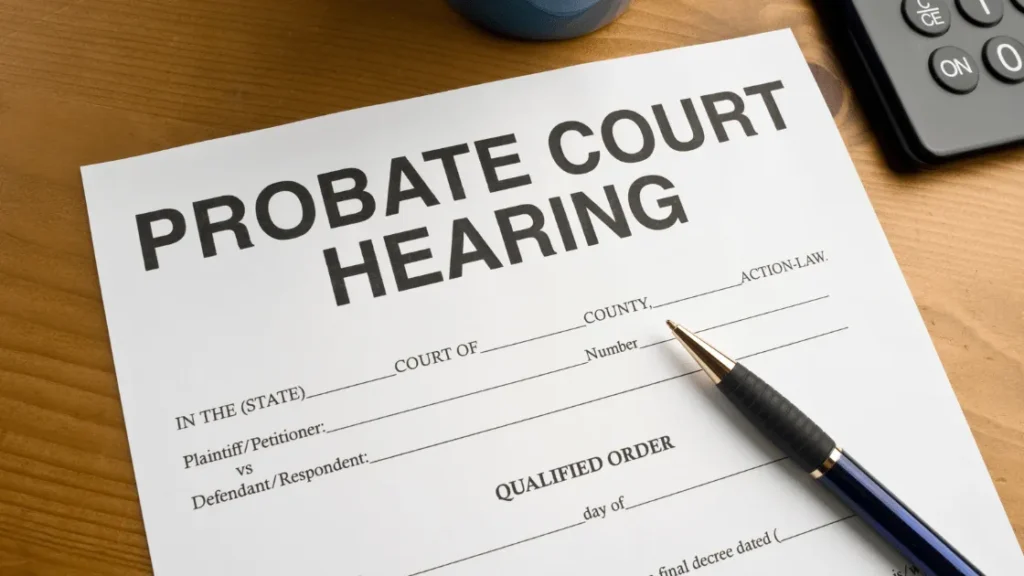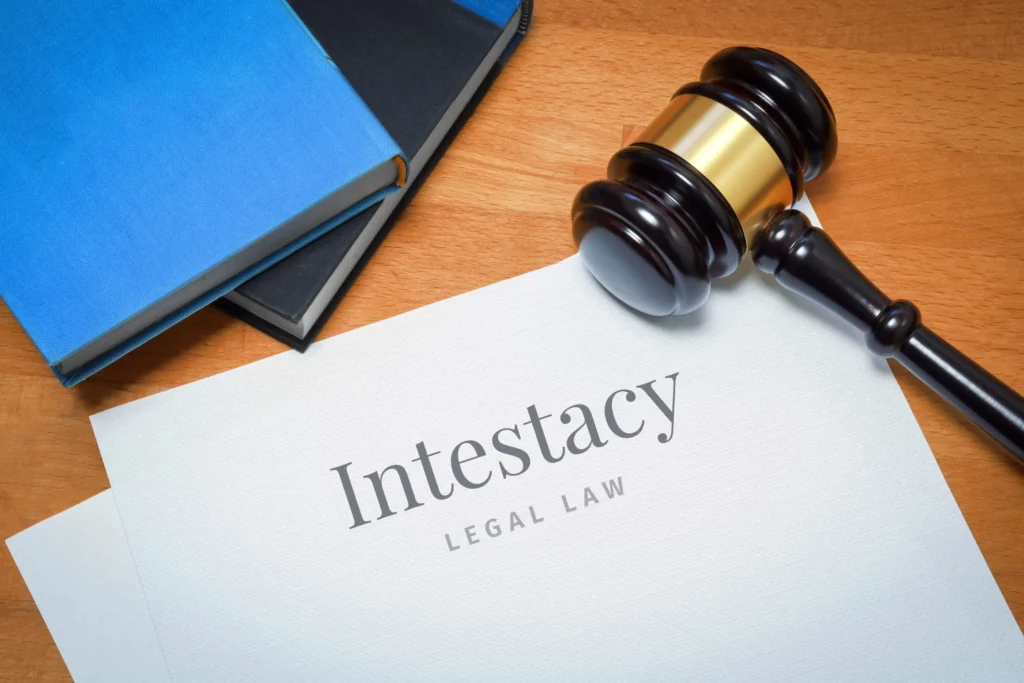Common Myths About Probate in Texas
Many individuals hold misconceptions about the probate process in Texas that can lead to unnecessary stress and confusion. One prevalent myth is that all estates must go through probate, but this is not always the case. Certain small estates may qualify for simplified procedures, while others can be settled through trusts or other legal mechanisms.
Understanding these myths can empower individuals to navigate the probate landscape more effectively. For instance, some believe that probate takes years to complete, but with proper planning and the right legal guidance, many estates can be settled in a matter of months. By debunking these myths, individuals can approach the probate process with a clearer perspective and better preparation.
Steps to Take Before Filing for Probate
Before initiating the probate process, there are several critical steps individuals should take to streamline the experience. Gathering essential documents such as the deceased's will, death certificate, and a list of assets can significantly expedite the filing process. Additionally, identifying potential heirs and beneficiaries is crucial for ensuring that all parties are informed and involved.
Planning ahead can also help mitigate potential disputes among heirs. By communicating openly with family members about the deceased’s wishes and the probate process, individuals can foster a cooperative atmosphere that may prevent legal challenges. This proactive approach not only eases the emotional burden but also helps to ensure a smoother transition through probate.
Understanding Executor Responsibilities in Texas
Being appointed as an executor in Texas comes with a range of responsibilities that are crucial for the proper administration of an estate. The executor is tasked with managing the deceased's assets, paying debts and taxes, and distributing the remaining assets to beneficiaries according to the will. This role requires a thorough understanding of both legal obligations and the specific wishes of the deceased.
Executors must also be aware of their fiduciary duties, which include acting in the best interests of the estate and its beneficiaries. Failure to fulfill these responsibilities can lead to legal complications, including potential personal liability. Therefore, it is essential for executors to seek professional legal advice to navigate the complexities of probate law and ensure compliance with Texas statutes.
Alternative Dispute Resolution in Probate Matters
Disputes can arise during the probate process, particularly when family dynamics and differing opinions on asset distribution come into play. Alternative dispute resolution (ADR) methods, such as mediation and arbitration, offer effective solutions for resolving conflicts without resorting to lengthy court battles. These approaches encourage open communication and collaboration, which can lead to mutually agreeable outcomes.
Utilizing ADR can save time, reduce costs, and preserve family relationships during what is often a challenging time. Many families find that engaging a neutral third party to facilitate discussions helps them navigate their differences more constructively. By considering these alternatives, individuals can address their concerns while minimizing the emotional and financial toll of probate disputes.









